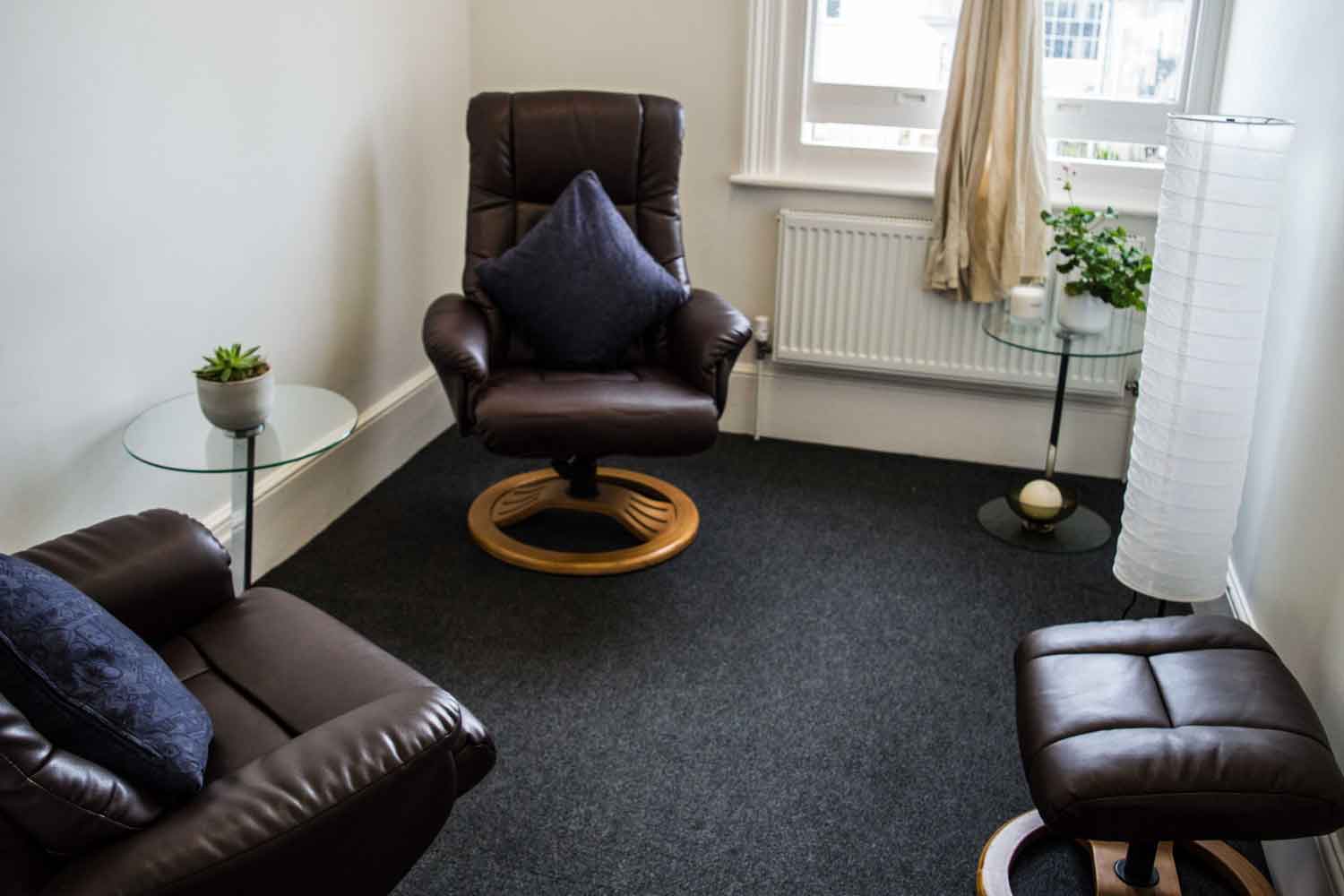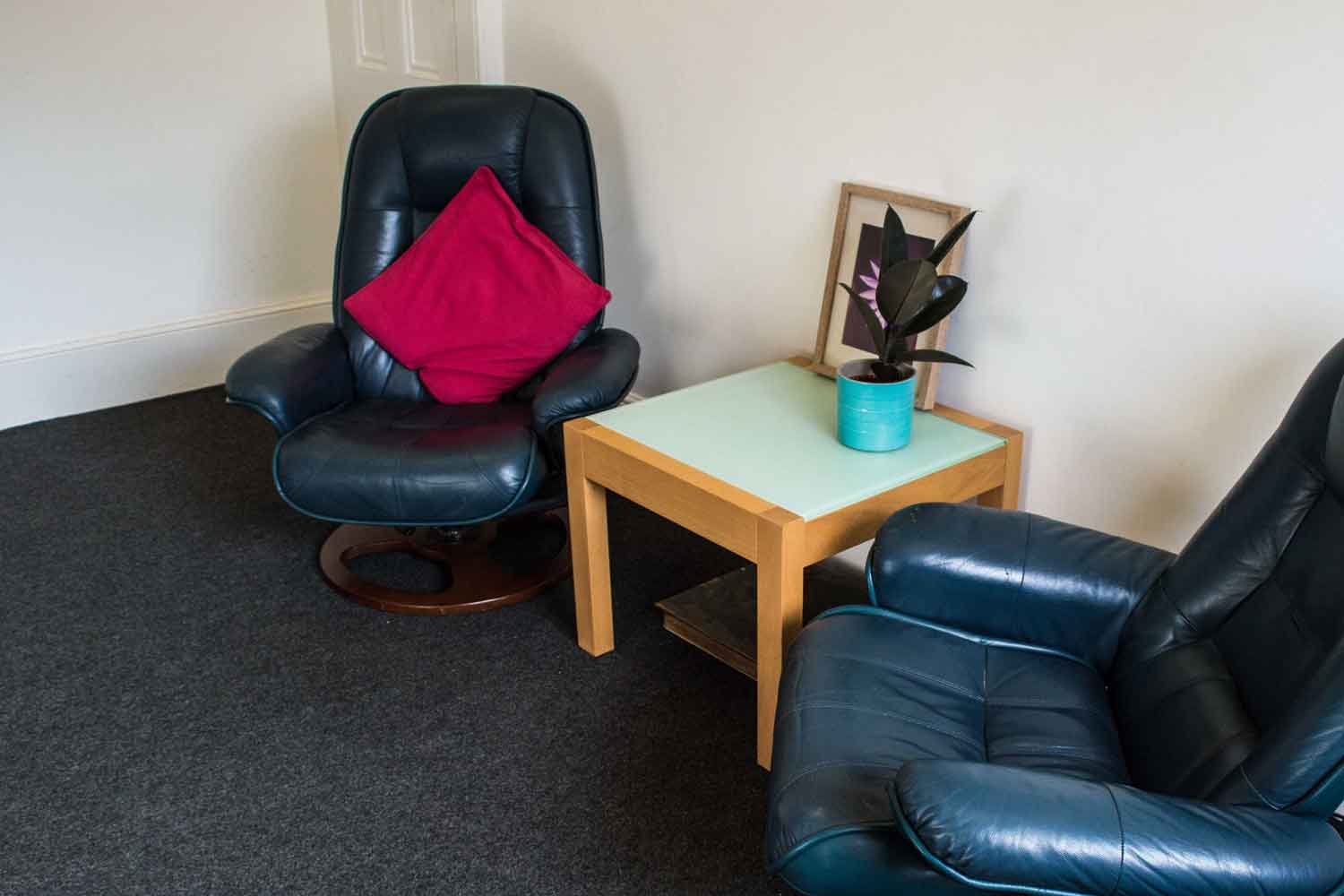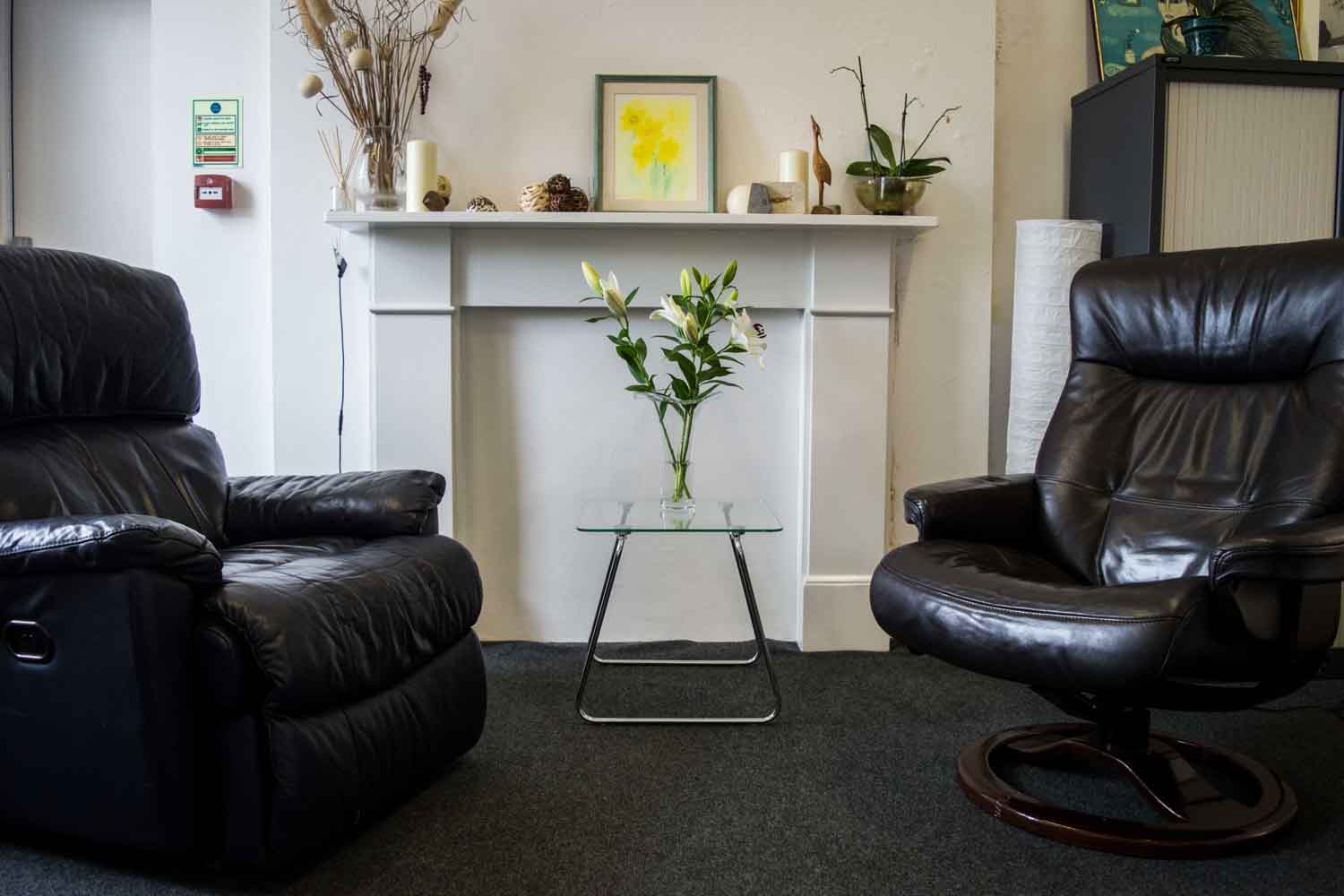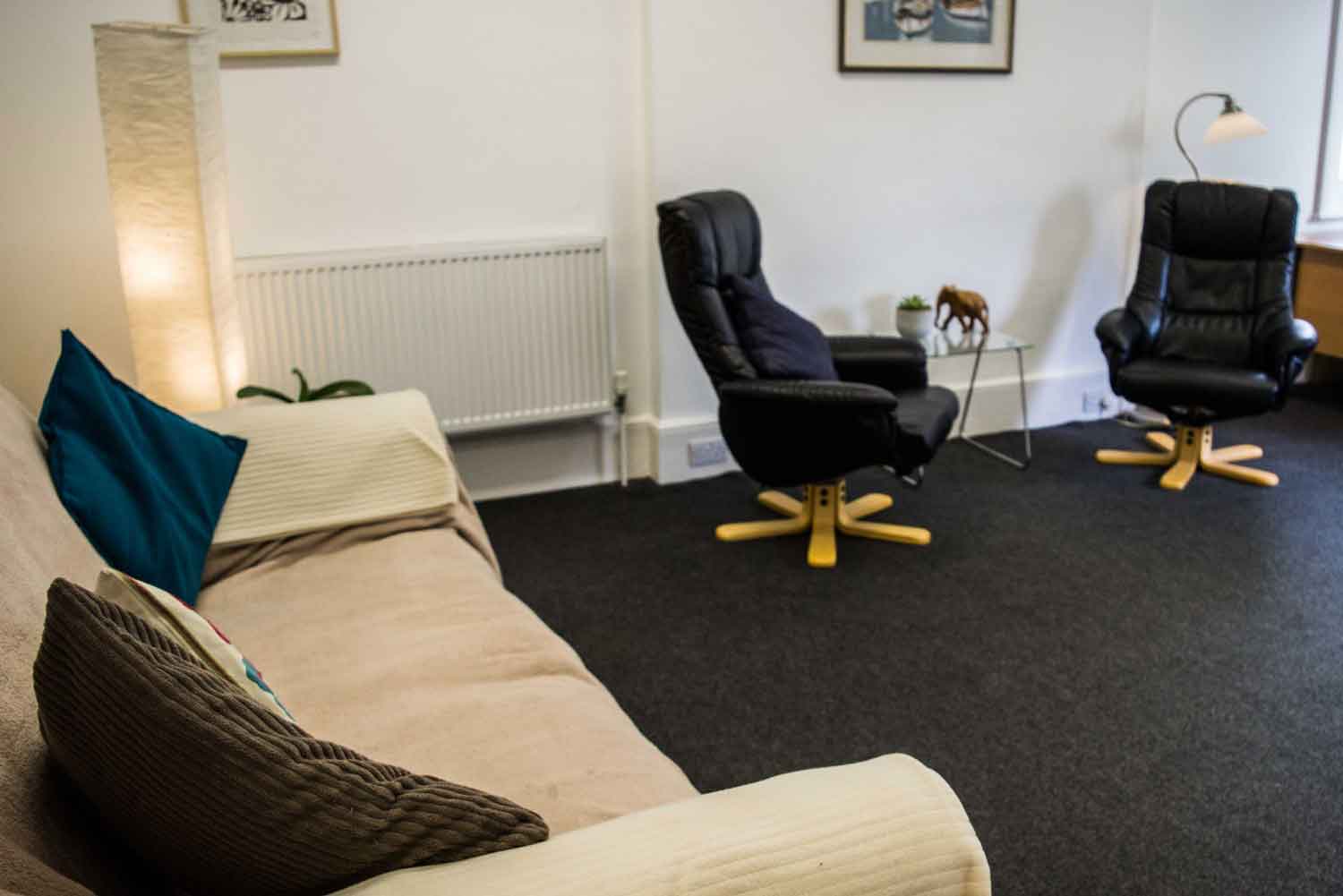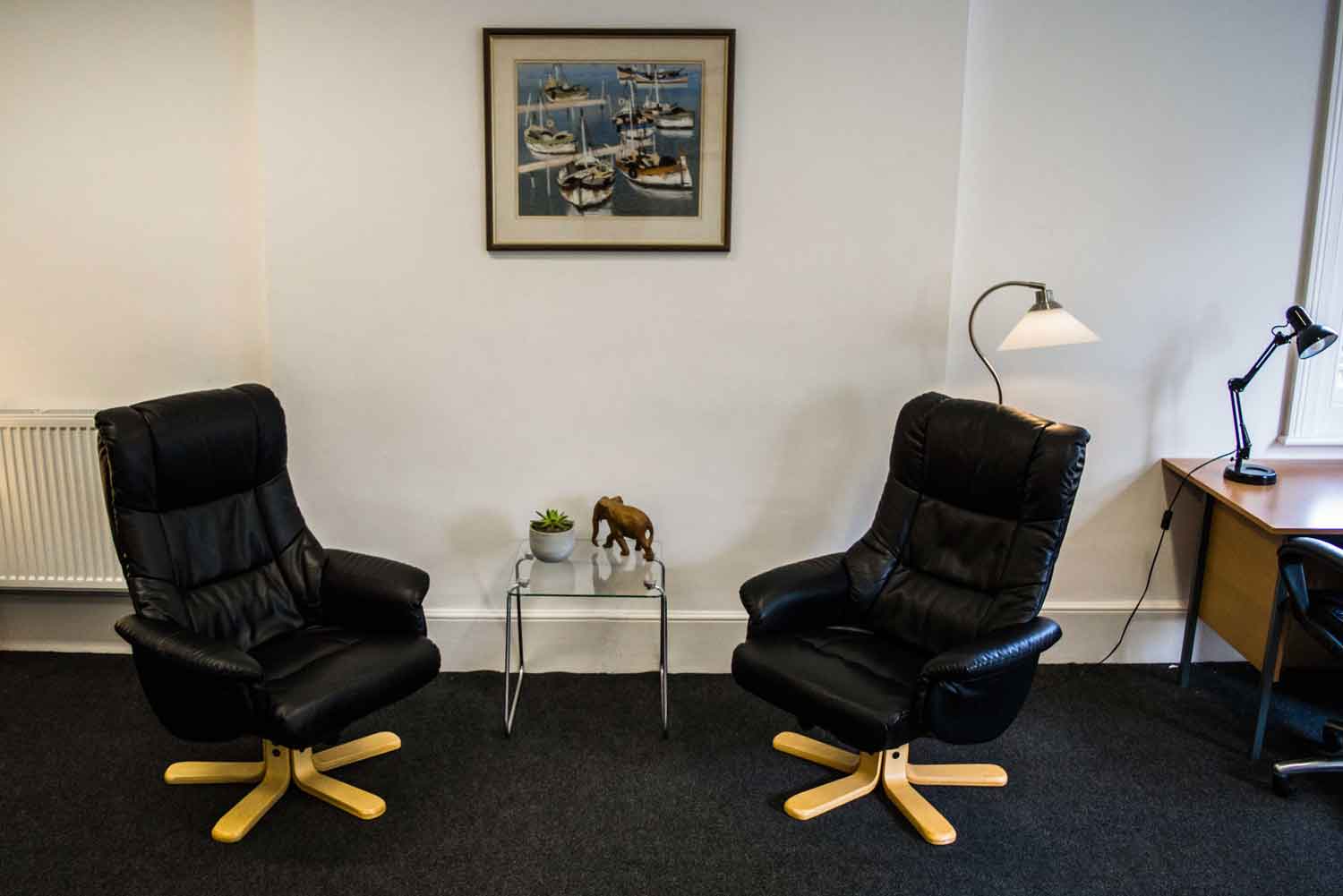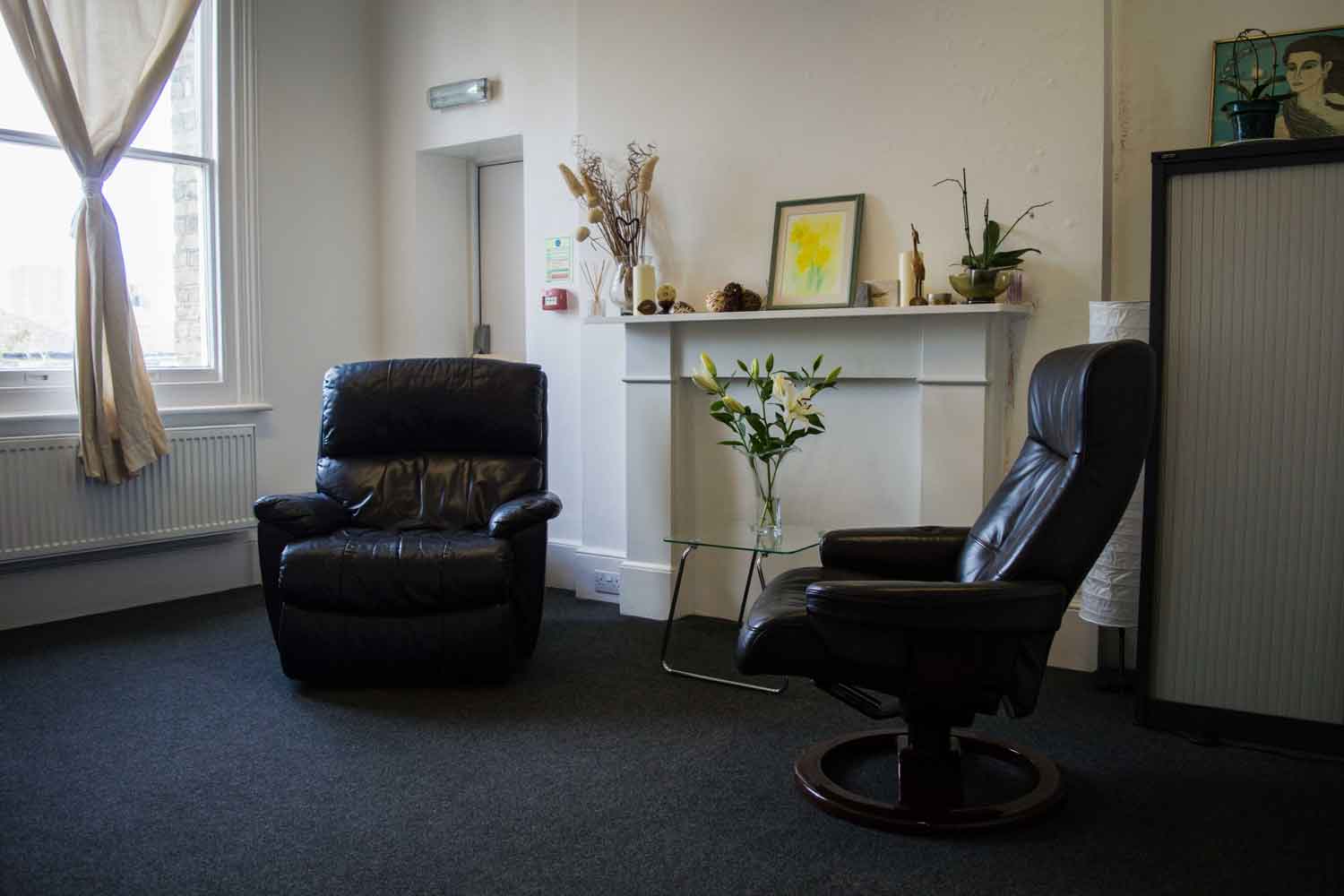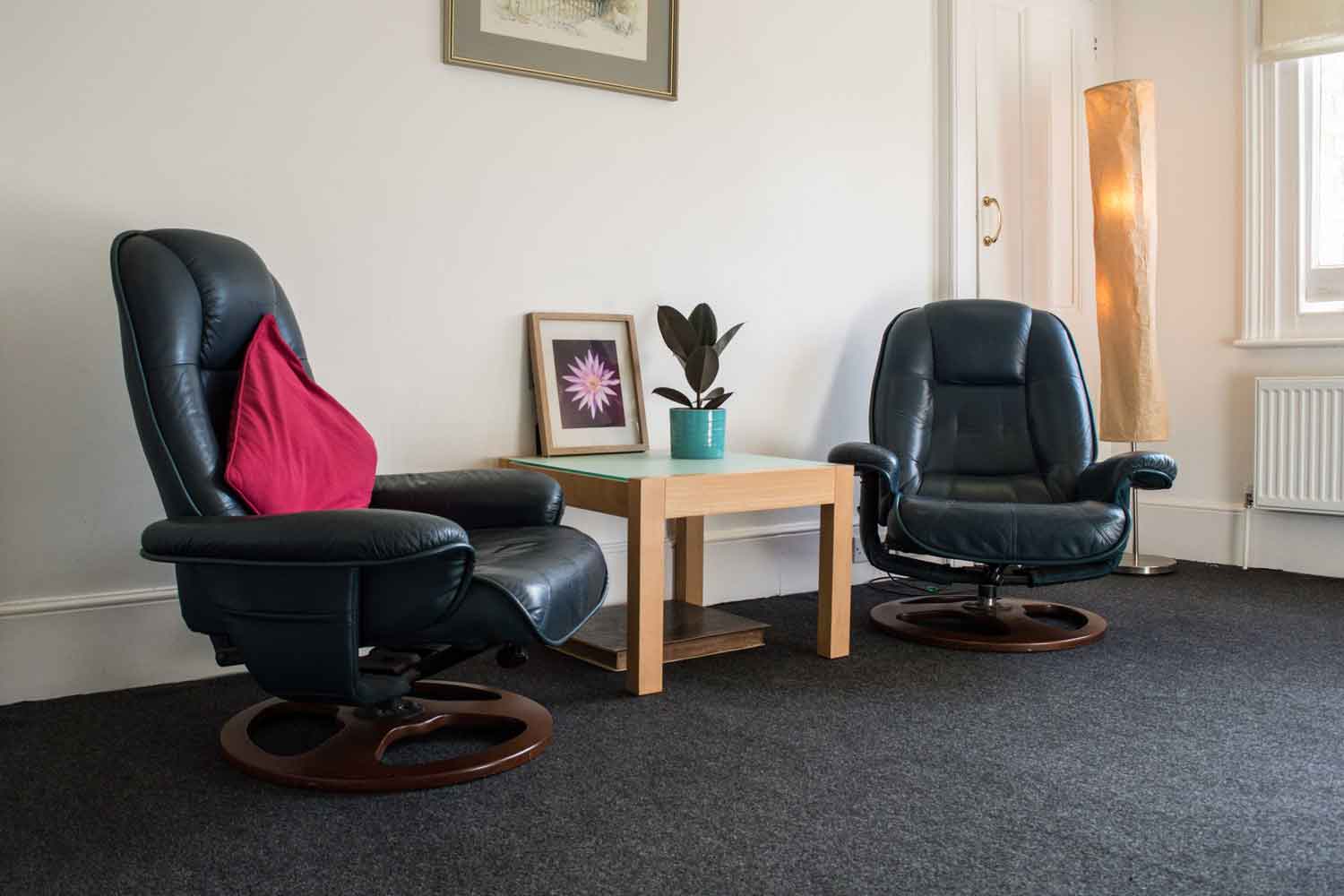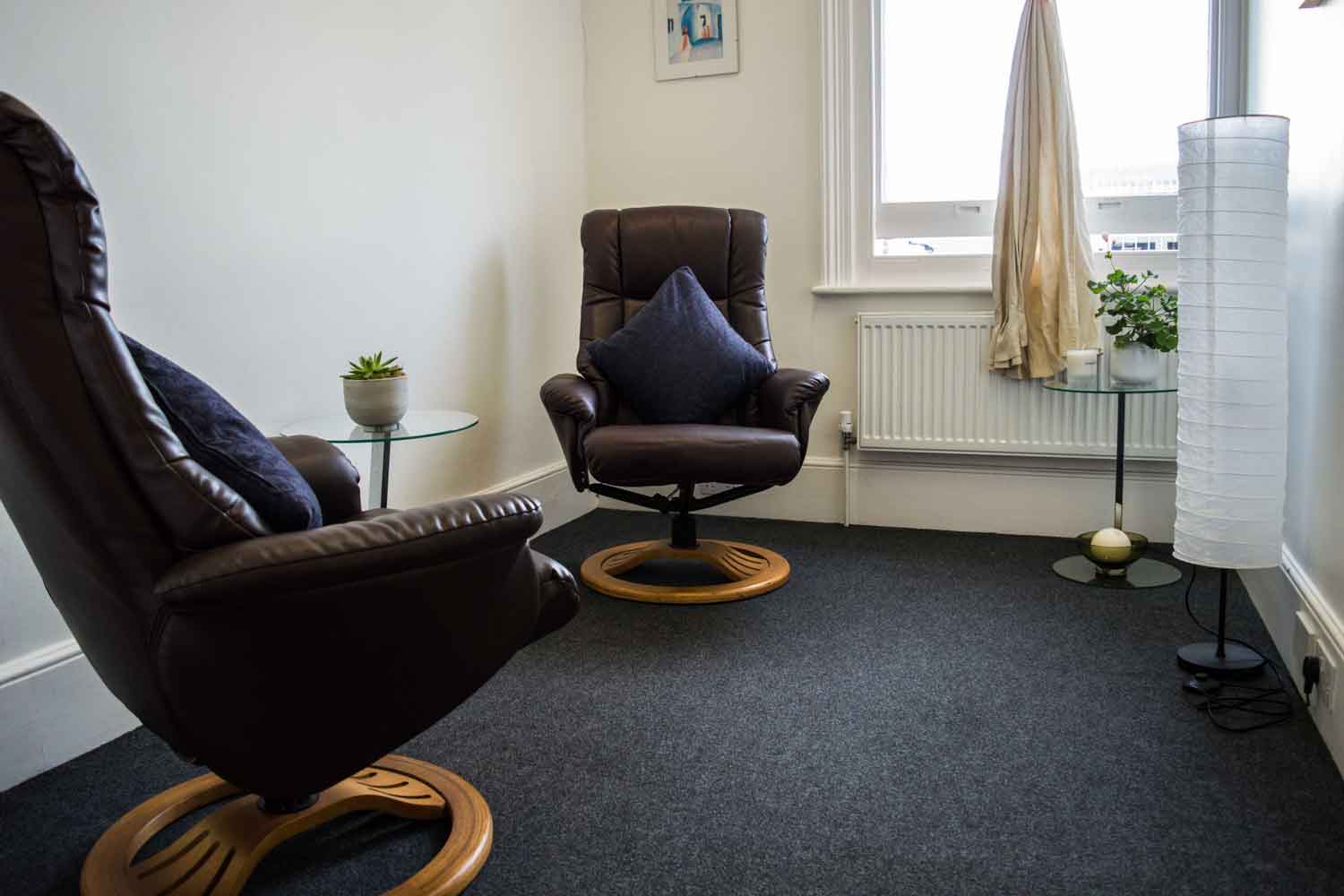Mindfulness
“If you let cloudy water settle, it will become clear. If you let your upset mind settle, your course will also become clear” - Jack Kornfield, Buddha's Little Instruction Book (1994)
Mindfulness is a form of meditation practice. Short practices can last for a few minutes, with longer practices lasting up to around an hour (sometimes a little longer). Mindfulness practices encourage are derived from Buddhist mindfulness meditation and they aim to encourage a form of self-awareness that is otherwise fleeting. The core principles of mindfulnss can be whittled down to being aware in the present moment of what is happening moment-by-moment both within ourselves and around us, and adopting a non-judgemental attitude to these perceptions. For example, you may become aware of a certain sound that is bothering you, leading you to feel angry. A mindful approach to this awareness would encourage you to just accept your experience, name it perhaps - 'I am angry', and encourage just an awareness of this experience without judgement - 'I shouldn't be angry, I hate feeling angry' - and to observe and notice the feeling eventually passing.
We can all to easily get caught up in thoughts about the past and go over things again and again to the point it feels like we are endlessly caught up thinking about the past. This is often referred to as rumination. Equally, we can become obsessed with the future – what choices we should make, what we should say or do, how we 'ought' to think or feel. Mindfulness can be a useful antidote to these worries, encouraging us instead to focus on and really attend to the present moment. Indeed there is a lot of evidence to show that mindfulness can be beneficial for a great number of difficulties – especially anxiety & depression as well as physical problems such as chronic pain.
Relaxation
Relaxation is a state of calm which can be achieved via techniques and strategies employed to reduce psychological or physical tension. Tension of course can be useful – it is an indication of stress which may result from some form of threat. Many physiological and psychological responses are common when we are under threat or feel stressed:
Breathing rate speeds up and can become shallow;
- Increased heart rate;
- Increased adrenaline flow;
- Increased blood pressure;
- Muscle tension;
- Sweating;
- Dry mouth;
- Dizziness or light headedness;
- Nausea or "butterflies"
- Clammy or cold hands.
However when feelings of tension endure beyond the presenting of an immediate threat, tension can be corrosive and both physically and psychologically draining of our resources. It is in these circumstances that relaxation techniques can be particularly beneficial.
Relaxation can have many beneficial effects:
- Wakefulness – tension and stress can be physically and psychologically tiring. Relaxation can counteract these effects.
- Performance enhancement – whatever particular task you are undertaking, regular relaxation can result in improved concentration and focus, increased self-awareness and tension reduction
- Improved sleep – relaxation has been shown to improve sleep, particularly for those who struggle with insomnia.
- Improvement in personal relationships - relating to others can become easier when stress is reduced and you have increased both self-awareness and self-confidence through relaxation
- Pain reduction – evidence shows that relaxation techniques are particularly effective in reducing pain, especially chronic pain.
If you think that you or someone that you know may benefit from learning relaxation techniques from an experienced practitioner, then do not hesitate to make contact with the team at Psychology Sussex now to discuss how it is that we can help you.

